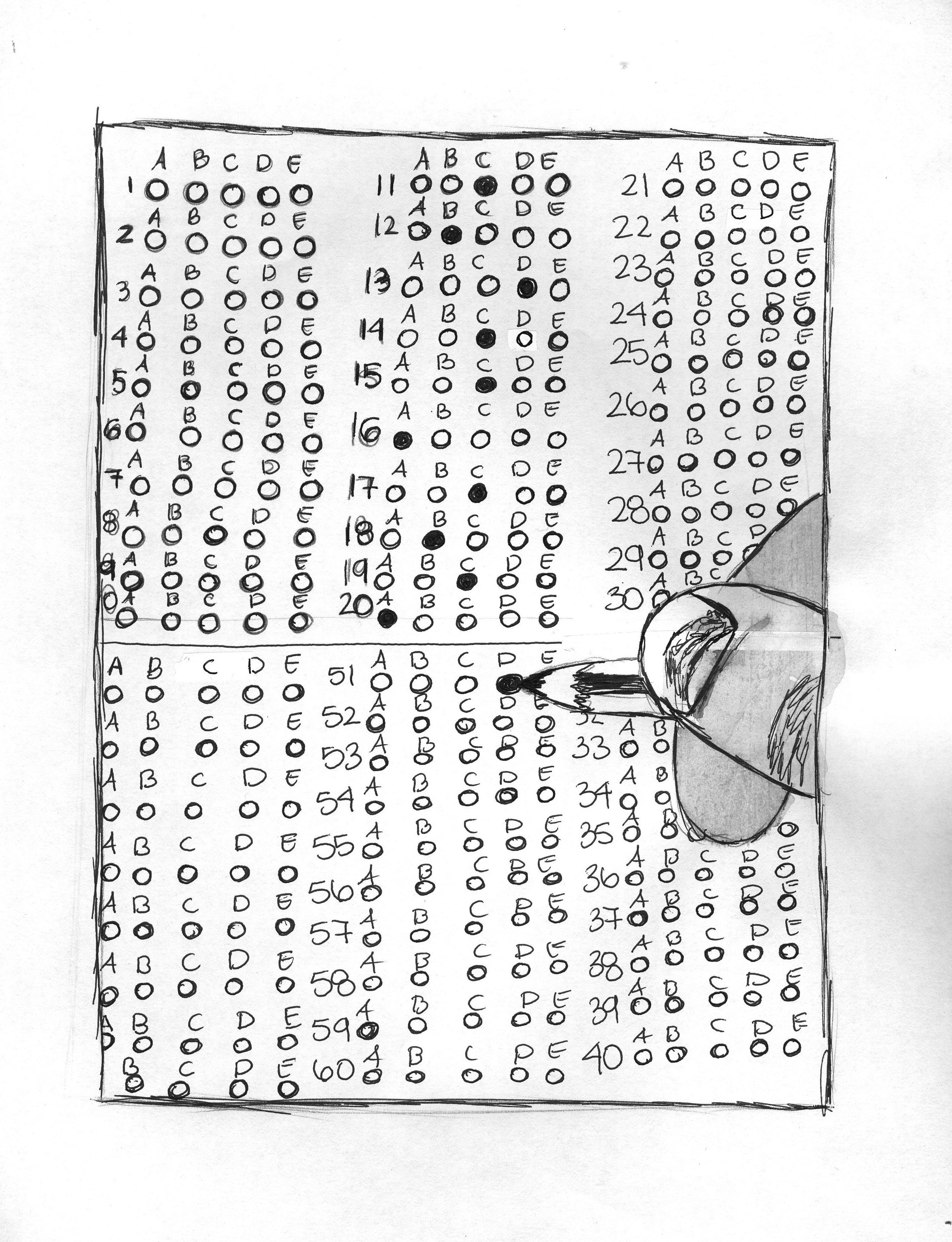
By Michelle Chernack /// Opinion Editor
The semester is coming to an end. April showers are here, final presentations are around the corner, too many cups of coffee are being consumed and summer plans will soon commence. Say farewell to Lewis & Clark, but not before course evaluations take place.
These are being distributed in all classes: seven questions regarding the professor and six questions regarding the course itself require responses on a numerical scale. Based on these arbitrary numbers 1 (low) through 7 (high) students are asked to assess what happens for three hours a week in a classroom. Goals of the course, execution of such goals, pace of the material and new skills learned are examples of what students rank. From a handful of questions, the course has just been “evaluated.” A much more thorough investigation is needed if a legitimate evaluation is requested.
The questions that are asked have nothing to do with the value of the course. They have nothing to do with what the student is gaining from sitting for three hours a week. They have nothing to do with the personal outcome. By filling out these forms, they appear affective, but a different approach is needed.
Evaluations have an important purpose. However, instead of evaluating the course through this antiquated method, the education system as a whole needs to be looked at. The value of a class cannot be determined through numbers. Yes, there is a box at the end of each section for additional student comments, but those remarks are about the professor specifically or the class. After all of these evaluations are done and looked at, the education system in which these courses were taken is still intact. Reformations have not been made nor adjustments to stylistic approaches.
The professors are doing their job. They have certain criteria to fill: tests, papers — whatever it is, they are evaluating the students through a numerical system as well. Both ends of the spectrum are flawed. Professors cannot assess student performance based on one number/letter nor can students rank their professors’ teaching abilities through random numbers. Written evaluations are beneficial to both parties because they solicit an actual explanation.
Numbers need to be removed from the equation. They serve no purpose. They’re confusing, pointless and vague. It indicates nothing. It’s vital that all of these elements of the school are looked at, but in a manner that allows for a true assessment, not just a quick click of a button.
Michelle Chernack is the opinion editor of the Pioneer Log. She loves to write about all things education system related and millennial issues.
Subscribe to the Mossy Log Newsletter
Stay up to date with the goings-on at Lewis & Clark! Get the top stories or your favorite section delivered to your inbox whenever we release a new issue.

Leave a Reply